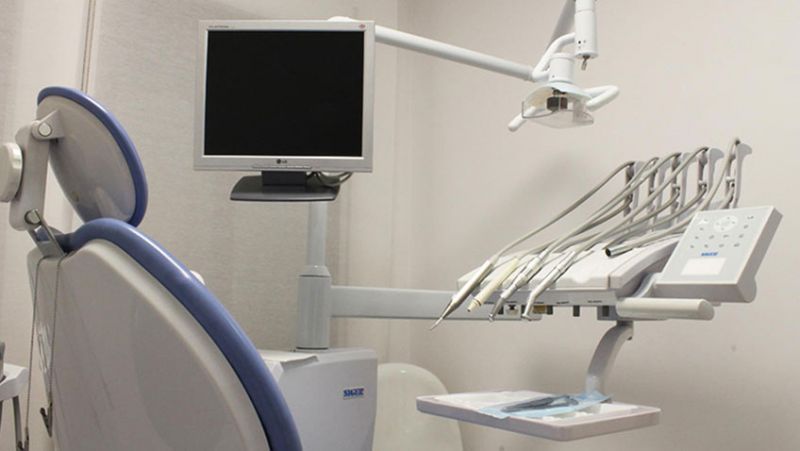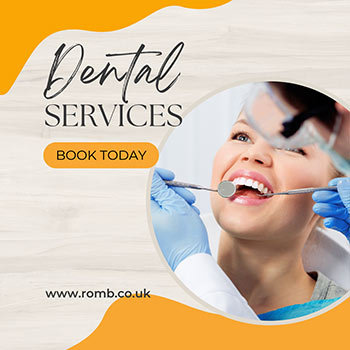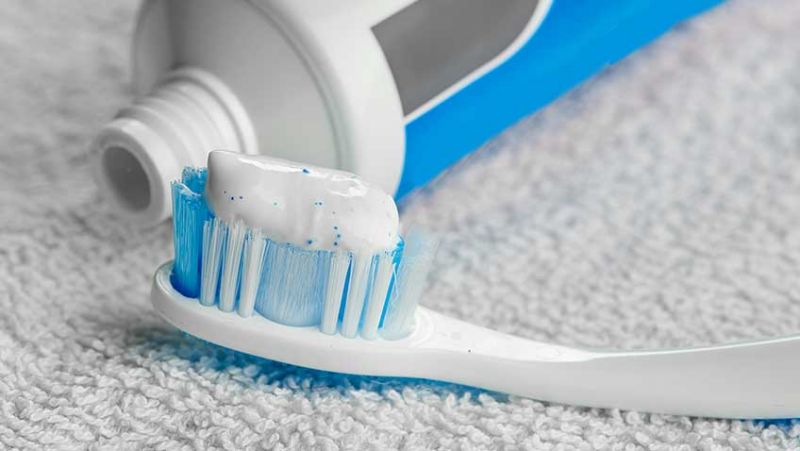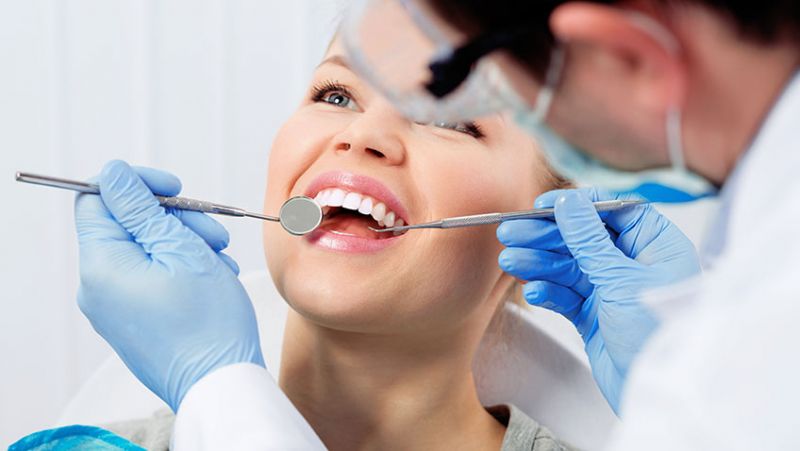
Dental hygiene is extremely important for keeping your teeth and gums healthy. Here are some tips to help you maintain good oral health:
Brush your teeth at least twice a day
Keeping your teeth clean and healthy begins with regular maintenance. Brushing for two minutes at a time twice a day, known as the 2x2 rule, will help to keep plaque at bay. Using the right techniques are important to ensure the teeth are being cleaned properly and you aren't damaging the soft tissue around them. Some patients find using an electric toothbrush helps as well.
In addition to brushing, flossing is another important part of dental care. Flossing gets rid of plaque and bacteria in areas that a toothbrush can't reach, like between the teeth. patients should floss at least once a day. There are many different types of floss available, so find one that works well for you. Dental visits are also important for keeping your teeth and gums healthy.
During a dental visit, the dentist will clean your teeth and check for any problems. They can also catch problems early before they become more serious. Most people should see a dentist every six months, but some may need to go more often. If you have any questions or concerns about your dental health, be sure to ask your dentist. They can help you figure out the best way to take care of your teeth and gums.
Floss your teeth at least once a day
It is important to floss every night before brushing to remove anything your toothbrush is unable to dislodge. Many patients admit to skipping this step, but it is an important part of a healthy routine. If you only brush and decide you don't need to floss, small particles of food and other deposits that are missed by your toothbrush can eventually develop into decay. To avoid this, make sure you take two minutes a day to add flossing to your routine.
When you first start flossing, it may cause sensitive gums to hurt. This is natural and will stop once you've been flossing for a couple of days. When flossing, make sure you slide it up and down along the whole tooth. Don't ignore tight spaces, this is one of the most important places to floss as your toothbrush can't reach these areas.
Visit your dentist regularly for professional cleanings and checkups
Your dentist will be able to prevent any dental issues from starting or at least catch them early if you have regular dental appointments. Regular visits also allow your teeth to get a thorough professional cleaning every six months, removing any buildup of plaque and tartar, which helps to keep your teeth and gums healthy.
Limit sugary and acidic foods and drinks
Limit sugary and acidic foods and drinks, as they can contribute to tooth decay. The best way to have strong and healthy teeth is to avoid eating sweetened foods, like pop, sports drinks, and candy. It's also important to include foods that are high in calcium, such as leafy greens, almonds, yogurt, and cheese. Speak to your dentist for more information about which foods are best for keeping your teeth strong and healthy.
Regularly examine the inside of your mouth at home
To help prevent any major oral health concerns, it is important that you regularly examine the inside of your mouth. This can be done as part of your daily routine and should include a check of your teeth and gums for anything unusual. If you do notice anything different, be sure to share this information with your dentist at your next appointment, or call their office if you have any concerns. Regular self-exams are a great way to help maintain your oral health. Thanks for taking care of yourself! Following these simple tips can help you maintain good oral health and prevent dental problems down the road.



